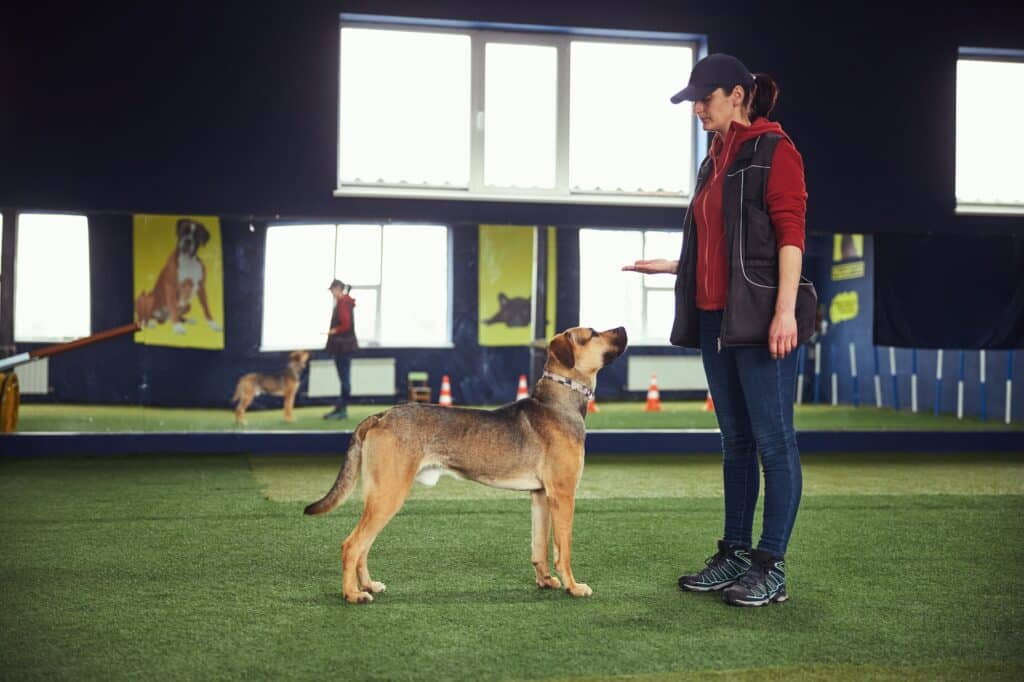French Interrogatives

Forming a question in French requires knowledge of interrogatives (question words). It will also give you some fundamentals for asking questions in French as a beginner.
It’s important to know how to ask questions in conversations. In the table below, take a look at how to say some of the most common question words in French.
| French | English |
| Qui? | Who? |
| Quoi? | What? |
| Où? | Where? |
| Quand? | When? |
| Comment? | How? |
| Combien? | How much? |
Question Phrases:
These question phrases often start at the beginning of sentences.
Qu’est-ce que… → What is it that…
Qui est-ce que… → Who is it that…
Est-ce que… → Is it that…
Examples:
Qu’est-ce que vous regardez? → What are you watching?
Qui est-ce que tu invites? → Who is it that you are inviting?
Est-ce que la fleur est morte? → Is it that the flower died? / Did the flower die?
Inversion
Using inversion to ask questions means the subject and verb of the sentence switch places and are connected by a hyphen. Take a look at these examples:
Tu aimes danser? Aimes-tu danser?
Do you like to danse? Do you like to dance?
Vous préférez le café ou le thé? Préférez-vous le café ou le thé?
Do you prefer coffee or tea? Do you prefer coffee or tea?
Inversion is not always necessary in a sentence. If you add a voice inflection to the end of your statement, it reveals that you are asking a question.
Knowing how to ask questions is essential for making plans, shopping, traveling, getting to know people, and any other activity that requires obtaining information. There are two different types of questions, and different ways to ask each type.





